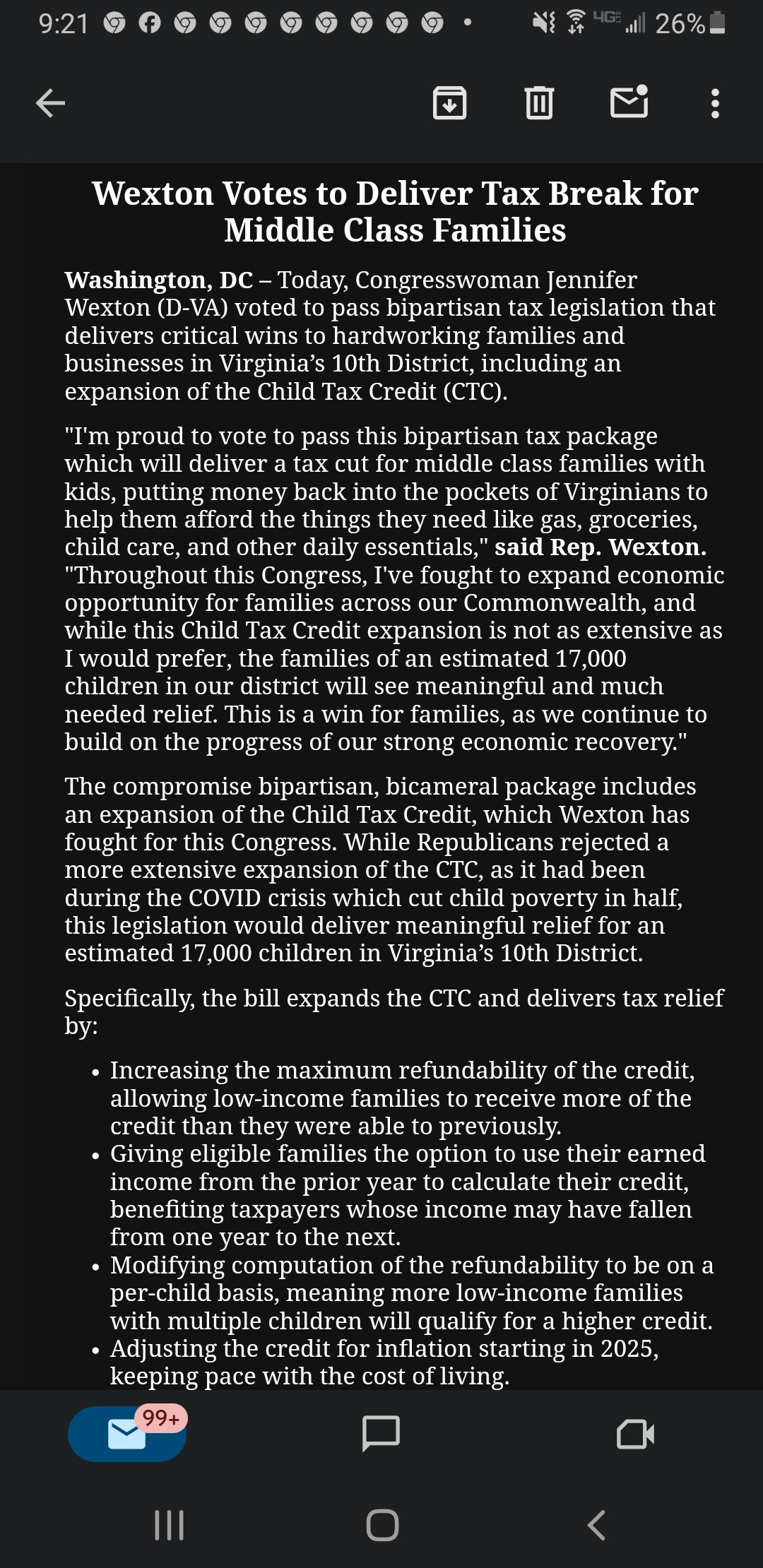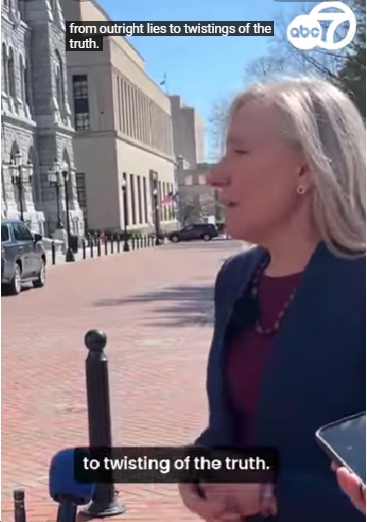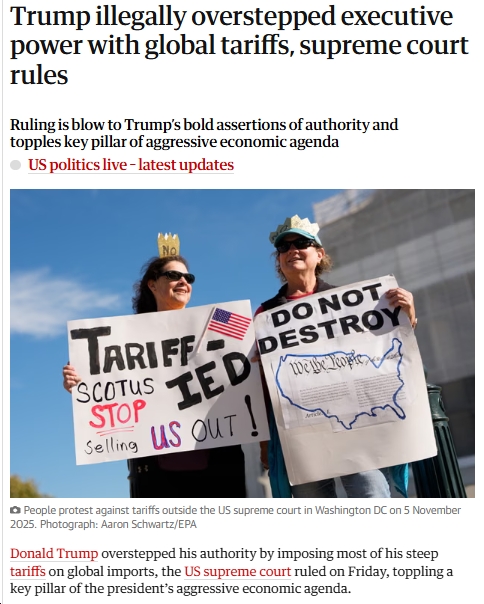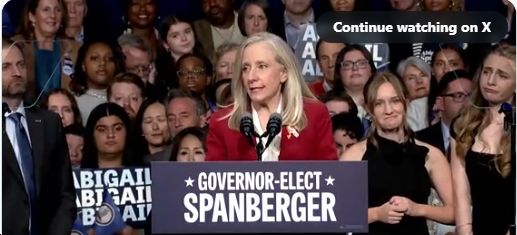See below for reactions to tonight’s passage (by an overwhelming 357-70 vote) by the U.S. House of ” bipartisan legislation to expand the Child Tax Credit (CTC) and the Low-Income Housing Tax Credit (LIHTC).” The Virginia delegation voted 9-2 in favor of the legislation, with only Rep. Bobby Scott (D-VA03) and Rep. Bob Good (R-VA05) voting no.
The tax bill before us is not perfect, but in a divided Congress it is a pleasant surprise to be able to pass meaningful legislation to lift hundreds of thousands of American children out of poverty and support major new affordable housing construction. I will vote yes. pic.twitter.com/kOUHXpqXlk
— Rep. Don Beyer (@RepDonBeyer) February 1, 2024
House Passes Bipartisan Legislation To Expand Child Tax Credit, Boost Affordable Housing
January 31, 2024 (Washington, D.C.) – Rep. Don Beyer (D-VA), Senior House Democrat on Congress’ Joint Economic Committee and a member of the House Ways and Means Tax Subcommittee, today voted for bipartisan legislation to expand the Child Tax Credit (CTC) and the Low-Income Housing Tax Credit (LIHTC), which the House of Representatives pass on an overwhelming bipartisan vote of 357-70.
Beyer spoke during floor debate in favor of the bill:
“This bill is not perfect; no bill ever is. But this act is win, win, win: 400,000 children will be lifted out of poverty, 200,000 new affordable homes will be built, and research and development – the absolute essential investment for economic prosperity – will be incentivized again. Politics is the art of the possible; in a divided Congress, that is the best we can do.”
The Ways and Means Committee previously voted to favorably report H.R. 7024, the Tax Relief for American Families and Workers Act, on a vote of 40-3. Text of the bill is available here, with a section-by-section summary here.
The legislation includes provisions that would (per the Senate Finance Committee):
- Expand access to the child tax credit with a phased increase to the refundable portion of the child tax credit for 2023, 2024, and 2025.
- Eliminate a penalty for larger families by ensuring the child tax credit phase-in is applied fairly to families with multiple children.
- Offer a one-year income “lookback” provision to create flexibility for taxpayers to use either current- or prior-year income to calculate the child tax credit in 2024 or 2025, similar to bipartisan action taken six times in the past 15 years.
- Adjust the tax credit for inflation starting in 2024.
- Increase the supply of low-income housing by enhancing the Low-Income Housing Tax Credit with increased state allocations and a reduced tax-exempt bond financing requirement.
The Center on Budget and Policy Priorities estimates that the bill would benefit 16 million children in low-income families and “lift as many as 400,000 children above the poverty line” in its first year, with more even more set to benefit in 2025.
Beyer served on the House Committee on Ways and Means during the drafting of the American Rescue Plan Act, which included the expanded Child Tax Credit of 2021 that drove the largest reduction in child poverty in American history. He made support and advocacy for the expanded Child Tax Credit a key focus during his tenure as Chairman of Congress’ Joint Economic Committee, and remains a leading voice on the Ways and Means Committee supporting revival of the expanded CTC.
Beyer is a lead cosponsor of the Affordable Housing Credit Improvement Act, bipartisan and bicameral legislation to strengthen the Low-Income Housing Tax Credit.
***************************
Rep. Gerry Connolly (D-VA11):
“The tax deal we just passed is a win for America’s children. Extending the Child Tax Credit will benefit 16 million kids – including 12,000 right here in VA-11 – and lift another 500,000 out of poverty. Proud to cast this vote tonight.”
**************
Spanberger Votes to Provide Tax Relief to Virginia Families, Increase Child Tax Credit
The Congresswoman Voted to Pass a Major Deal to Expand the Child Tax Credit, Eliminate Penalties for Larger Families, & Provide Inflation Relief
The Spanberger-Supported Tax Bill Would also Cut Red Tape for Virginia Small Businesses & Help Increase the Supply of Affordable Housing
WASHINGTON, D.C. — U.S. Representative Abigail Spanberger today voted with a bipartisan majority of the U.S. House to increase the refundable Child Tax Credit (CTC) for Virginia families, cut red tape for small businesses, and help spur new affordable housing development.
The Tax Relief for American Families and Workers Act would increase the refundable portion of the CTC to $1,800 for 2023, $1,900 for 2024, and $2,000 for 2025. The bipartisan bill would also require the U.S. Treasury Department to recalculate the credit amount based on these changes for taxpayers who have already filed their 2023 taxes early. Additionally, the bipartisan tax deal would eliminate penalties for larger families to make sure this updated CTC phase-in is applied fairly to families with multiple children. The Tax Relief for American Families and Workers Act would adjust the CTC for inflation starting in 2024.
These changes would benefit an estimated 367,000 Virginia children who do not receive the full CTC amount — or any amount at all — under current law. Right now, Virginia children are ineligible for the full $2,000 per-child CTC if their families lack earnings or have earnings that are too low.
“Far too many families across the Commonwealth live paycheck to paycheck. For many of these families, just one emergency could lead to financial ruin,” said Spanberger. “When we expanded the Child Tax Credit under the American Rescue Plan back in 2021, we slashed child poverty rates — and thousands of Virginia families breathed a sigh of relief when it came to keeping the lights on, paying for childcare, or filling up their cars. This tax deal brings our focus back on working families. Additionally, this tax relief would not only help keep families financially secure, but it would make commonsense changes to help our Commonwealth’s small businesses stay afloat, grow, and hire more Virginians.”
Spanberger also called on the U.S. Senate to swiftly pass the Tax Relief for American Families and Workers Act amid the launch of the 2023 tax filing season this week.
“To make sure Virginia families can benefit from this relief during the current tax filing season, our friends in the U.S. Senate need to send this bill to President Biden’s desk as soon as possible,” added Spanberger. “And when this bill is signed into law, I will be pushing my colleagues in Congress — as well as the Biden Administration — to provide easily digestible guidance to the American people about what these changes mean for their taxes. Going forward, we need to make sure this bill is providing new peace of mind, not creating new confusion.”
The Tax Relief for American Families and Workers Act would also help increase the supply of affordable housing by:
- Enhancing the Low-Income Housing Tax Credit. This public-private partnership has a demonstrated track record of success — including in Virginia. Specifically, the tax deal would increase state allocations for this program and reduce the tax-exempt bond financing requirement.
A recent analysis found that the Commonwealth of Virginia would see the sixth-largest increase in affordable rental homes in the country due to the proposed Low-Income Housing Tax Credit expansion.
Additionally, the bipartisan tax relief bill includes several commonsense provisions that would increase support for Virginia’s small businesses. Specifically, the Tax Relief for American Families and Workers Act would provide relief to Main Street businesses by:
- Expanding the small business expensing cap. The tax deal would increase the amount of investment that a small business can immediately write off to $1.29 million, an increase above the $1 million cap enacted in 2017.
- Cutting red tape. The bill would adjust the reporting threshold for businesses that use subcontract labor from $600 to $1,000 and index for inflation. This reform would mark the first update to this threshold since the 1950s.
- Protecting businesses’ bottom lines. The bill includes continued flexibility for businesses forced to borrow at higher interest rates to meet their payroll obligations and expand their operations.
- Providing 100-percent expensing. The Spanberger-supported tax deal would restore full and immediate expensing for investments in machines, equipment, and vehicles.
The Tax Relief for American Families and Workers Act is supported by both Virginia-based and nationwide organizations, including the Virginia Farm Bureau, Virginia United Way, Rappahannock United Way, Virginia Education Association, RESULTS Virginia, No Kid Hungry Virginia, Commonwealth Institute for Financial Analysis, People Incorporated, MomsRising, Ready Nation, U.S. Chamber of Commerce, American Farm Bureau Federation, National Retail Federation, National Association of Home Builders, National Restaurant Association, Feeding America, National Urban League, National Association of Realtors, Save the Children, Bipartisan Policy Center, and many more.
“Virginia Farm Bureau is supportive of the Tax Relief for American Families and Workers Act. The legislation will provide much-needed relief for Virginia’s farms, and farm families, who are struggling against the headwinds of inflation, high interest rates, and ever-increasing costs of production. Among other provisions, this legislation would increase the amount farmers can deduct on equipment purchases, return bonus depreciation to 100% for property through 2025, and raise the 1099 threshold. These initiatives will reduce costs and allow farmers to invest in their operations, creating jobs and stabilizing America’s food supply chain. Virginia Farm Bureau appreciates Congresswoman Spanberger’s efforts to ensure the tax code supports Virginia’s farmers.” — Wayne F. Pryor, President & CEO, Virginia Farm Bureau
“We know expanding the Child Tax Credit works to end hunger and poverty. When it was temporarily expanded during the pandemic, child poverty fell at an unprecedented rate. While this proposal doesn’t restore all the policies we had hoped to see, we believe it is a meaningful step in the right direction that could have an immediate impact on nearly 300,000 kids across Virginia. We urge lawmakers to act quickly to support families struggling to make ends meet.” — Sarah Steely, Director, No Kid Hungry Virginia.
“Our children can’t learn when they are hungry, had a sleepless night from lack of heat, or are absent because the car broke down on the way to school. Too often, families that experience poverty and low incomes face tremendous barriers to learning. A good anti-poverty policy for children is also good education policy. It’s time to renew our commitment to families and child well-being and expand this tax option.” — Dr. James Fedderman, President, Virginia Education Association.
“The Low-Income Housing Tax Credit (LIHTC) has been crucial to our efforts to develop quality affordable housing in Virginia’s Seventh District and throughout the Commonwealth. Increasing the LIHTC from 9% to 12.5% will provide much-needed additional support for our and other developer’s efforts to help meet the unprecedented demand from thousands of Virginians in need of an affordable place to call home, work, and raise a family in. We thank Rep. Spanberger for supporting this important relief.” — Bryan Phipps, President & CEO, People Incorporated.
“Rappahannock United Way supports the Child Tax Credit. Proposed changes can mean more lower-income families with multiple children could qualify for higher credits. Over 39% of households in our community earn income at or below the ALICE Threshold. So, tax credits like the Child Tax Credit are a much-needed financial boost to hard working ALICE families.” — Janel S. Donohue, President, Rappahannock United Way.
“RESULTS Virginia strongly supports the Tax Relief for American Families and Workers Act, HR 7024. The proposed expansion of the Child Tax Credit will bring welcome relief to millions of children currently denied the full credit because their family’s earnings are too low, including 367,000 children in Virginia. Millions of children will benefit meaningfully from the Tax Relief for American Families and Workers Act, and RESULTS Virginia urges swift passage of this proposed bipartisan tax deal.” — Randy Rosso, Co-Leader, RESULTS Virginia.
“The Child Tax Credit is a proven tool that has been shown to reduce poverty, improve educational outcomes, and give families the flexible economic support they need to take care of their families. This is important now more than ever — 41% of families with children in Virginia reported last fall that they were experiencing difficulty paying for household expenses. I am excited to see that the bipartisan and widely supported tax package that would expand the CTC is moving to a vote in the House. Improving the Child Tax Credit will benefit nearly 300,000 children in Virginia in the first year, providing a much needed boost to the families who need it most.” — Ashley Kenneth, President & CEO, The Commonwealth Institute for Fiscal Analysis
For a technical summary of the bill, click here.
BACKGROUND
Spanberger has long worked to provide tax relief to Virginia’s working families — including through her support of the American Rescue Plan, which temporarily expanded the CTC from $2,000 per child to as much as $3,600 per child in 2021. Click here to read Spanberger discuss her support for a strengthened CTC in a July 2021 Richmond Times-Dispatch op-ed.







![[UPDATED] Leaders Jeffries, Schumer Announce Gov. Abigail Spanberger Will Deliver the Democratic Response to Trump’s State of the Union Address on 2/24](https://bluevirginia.us/wp-content/uploads/2026/02/spanbergersotu.jpg)











